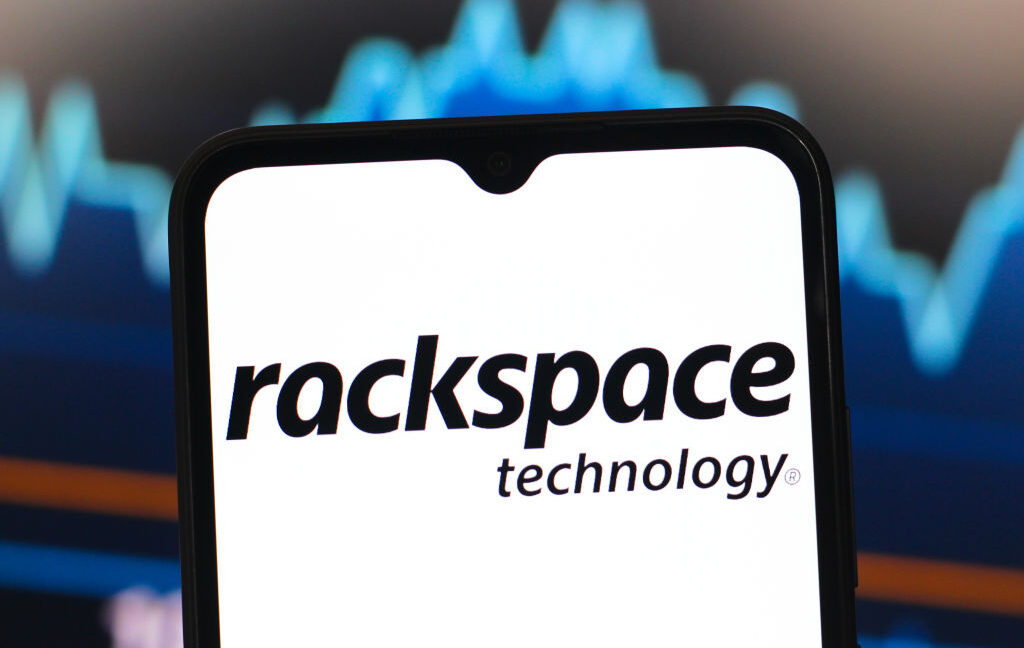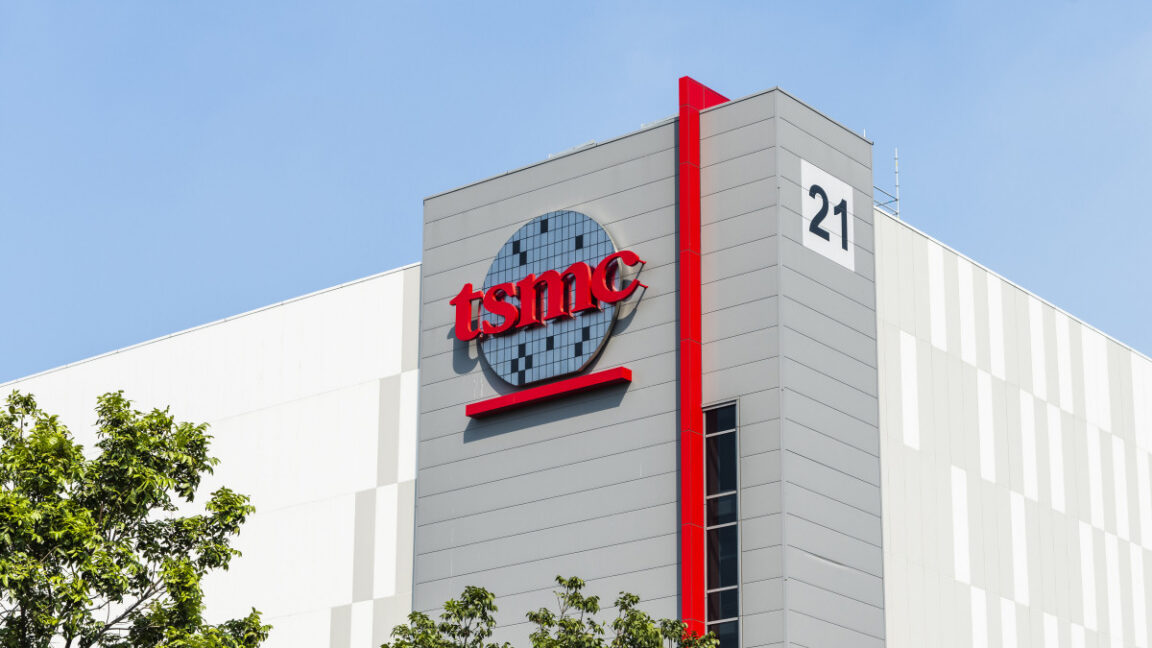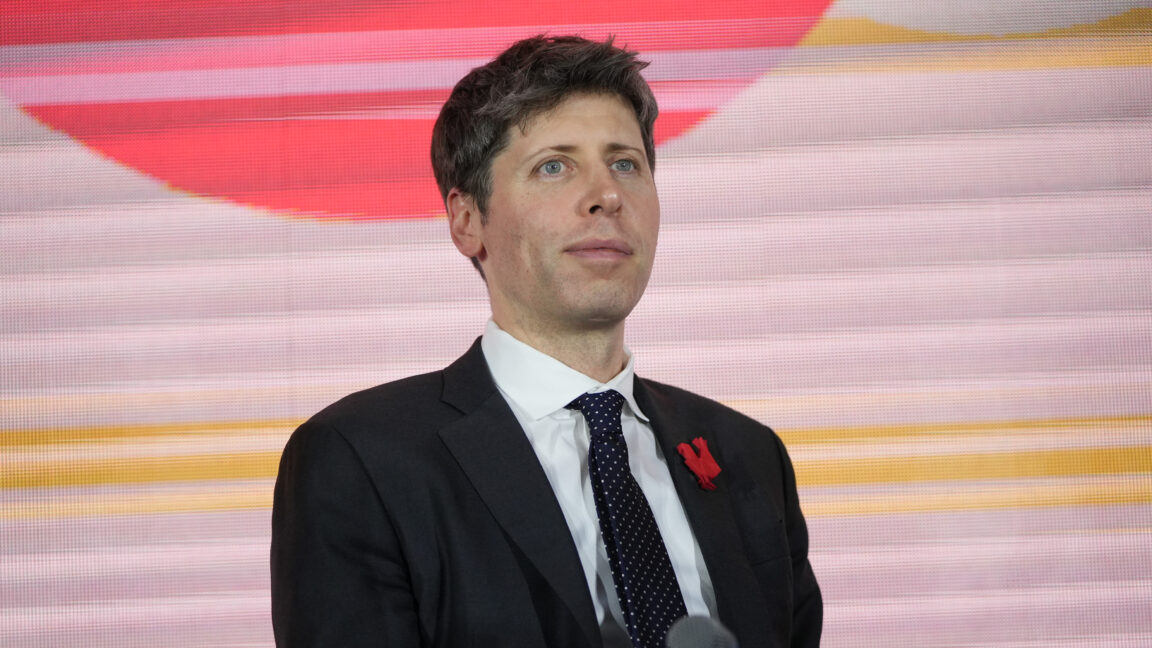OpenAI CEO Sam Altman raised eyebrows at a private event last week by warning that investors appear overly optimistic about AI models. He noted that some participants may face losses as the company pursues a secondary share sale valued near $500 billion, a sharp rise from earlier estimates.
Altman framed the moment as a sign of overheating, comparing it to the dot-com era and describing the current fundraising climate as unusually exuberant.
Meanwhile, MIT researchers published the GenAI Divide study, which found that about 95 percent of enterprise AI pilots fail to deliver rapid revenue growth, underscoring that implementation hurdles often outpace model quality.
The study also reported a gap between external AI tools and internally built systems: roughly two-thirds of purchased tools succeed, while internal deployments lag by more than a factor of two in success rate.
Despite the warnings, Altman continues to forecast massive capital commitments, including data-center expansion and broad daily use of ChatGPT, arguing that scale will justify lofty valuations even as critics warn of overhang. The AI market remains flush with cash, and whether this era represents a bubble or a sustained growth phase remains hotly debated.
















![[AS2716] Universidade Federal do Rio Grande do Sul](https://r2.isp.tools/images/asn/2716/logo/image_100px.png)
![[AS52888] ASN52888 (4 probes)](https://r2.isp.tools/images/asn/52888/logo/image_100px.png)
